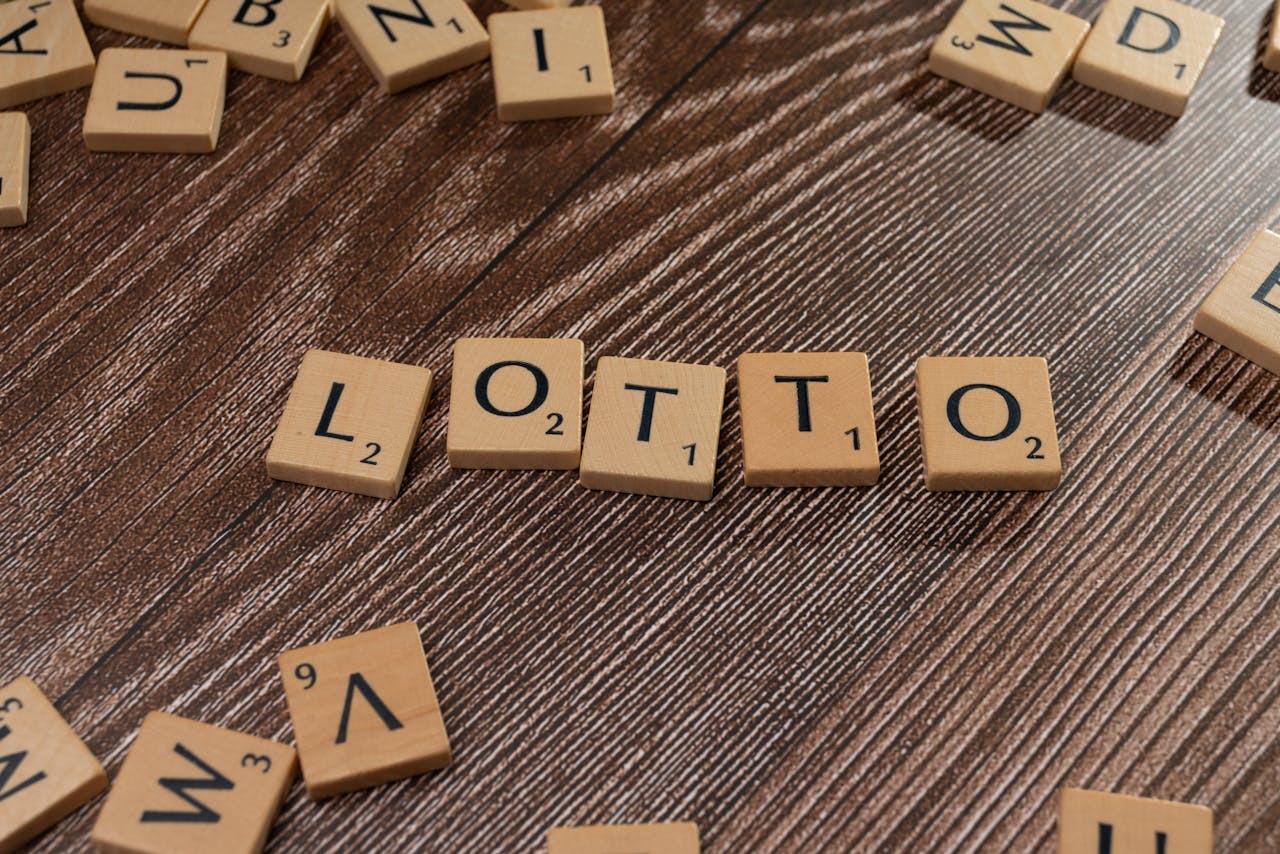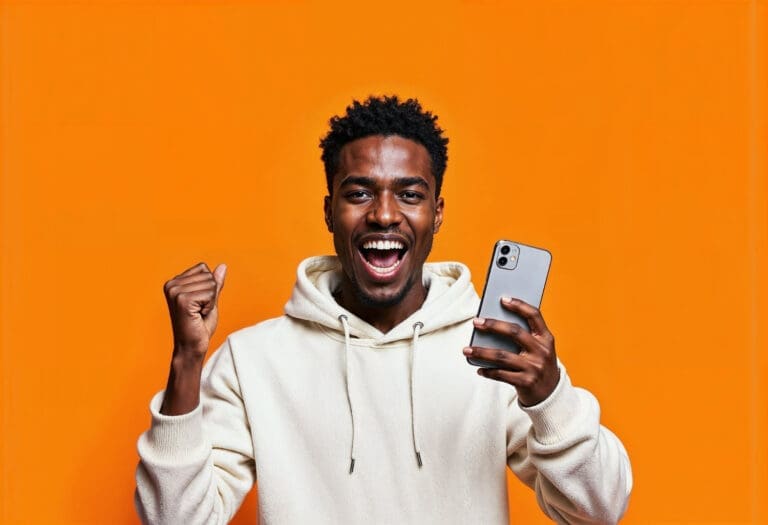When most people think about the lottery, they imagine a solitary moment—a ticket, a hopeful sigh, maybe a daydream about quitting your job. But for many African-American players, lottery play has never been just about luck. It’s been a social experience, a family habit, and even a cultural conversation.
In recent years, that same energy is shifting online. The corner store tickets and dream-book combos are going digital, and a new kind of lottery culture is emerging—one that’s mobile, connected, and surprisingly communal. Platforms like แทงหวย are tapping into this energy, offering new ways to engage while keeping the spirit of the game alive.
Let’s take a closer look at how Black America is reshaping the lottery into something far more dynamic than just numbers and draws.

Photo by Markus Winkler from Pexels
A Tradition Rooted in Community
Ask around, and you’ll hear it: Grandma had her numbers. Uncle Marvin never missed a draw. The neighborhood crew passed around scratch-offs like snacks on Friday payday.
For decades, the lottery has lived inside barbershops, nail salons, and living rooms. It wasn’t just about chasing a win—it was about who you played with, what numbers meant something to you, and the rituals that came with every ticket.
Even when folks didn’t win, the talk itself was half the fun. Did you play 314 for Pi Day? Was it time to hit your old birthday digits again? Someone’s dream about a snake? Oh, that’s a “2” in the dream book.
That collective interpretation—the codes, the traditions, the shared laughs—created a deep cultural rhythm around lottery play.
From the Block to the App: Going Digital Together
You might think going digital would make lottery playing more solitary. But it’s had the opposite effect. Just as Black Twitter redefined social commentary, and Clubhouse opened up rooms for raw, unfiltered storytelling, online lottery platforms are turning into digital gathering spaces.
Private group chats now buzz with screenshots of tickets, picks, and “I got a feeling about these numbers.” Informal pools—once coordinated with cash and trust—are now managed through apps, PayPal, or shared Google Sheets. It’s slick, easy, and way more organized.
The transition online has also brought a wave of new players into the fold. Younger generations who never quite clicked with scratching cardboard are now tapping their screens during lunch breaks. It’s faster, private, and it fits the pace of life.
And just like with anything else online—memes, sports debates, sneaker drops—lottery play is thriving through the network effect. The more your people are into it, the more you’re likely to join in.
Sharing Numbers, Sharing Stories
Number sharing has always been a thing. Someone sees a license plate with 222 on it and texts the group. A coworker swears a certain combo is “due.” In Black communities, the stories behind the picks are often more meaningful than the draw itself.
Online platforms make this exchange more fluid. Instead of waiting until Monday at work, friends can swap numbers in real time. A group chat might turn into a running archive of “near wins” and “gut feelings.” There’s a certain trust in those threads—it’s not just what you play, but who you believe.
And the communal vibe extends beyond friends. Public forums, Reddit threads, and TikToks about dream numbers or oddball strategies have created a sort of grassroots lottery network. It’s casual, but it builds connection.
Trust and Tech: Why Mobile Platforms Matter
It’s no secret that trust is a major factor in the shift to digital. Historically, Black consumers have approached financial systems with caution—and for good reason. That skepticism has shaped how online lottery tools are received.
That’s why platforms that are mobile-friendly, transparent, and easy to use are getting the most traction. If it looks sketchy, folks bounce. If it’s smooth and feels legit, people stay—and share.
One major shift has been the ability to track wins and losses clearly. Online records make it easier to stay organized, which is a big plus for community pools and long-game players. No more missing tickets or “I swore I played that combo last week!”
Informal Pools Go Pro (Sort Of)
If you’ve ever seen an office football pool or a fantasy draft, you know the energy: a little bit of strategy, a whole lot of smack talk, and some money riding on pride.
The same vibe now applies to online lottery groups. Friends are forming digital syndicates—where they pool money, pick numbers together, and share any winnings. The stakes might be small, but the experience is rich.
Apps and platforms have started offering features to support this—like auto-play settings, pool tracking, and shared dashboards. It’s still informal, but it’s more structured than passing around five-dollar bills in a shoebox.
And the best part? Nobody has to chase anyone down for their cut.
The Psychology of Hope (and Hustle)
There’s also a deeper psychology at play. In many Black communities, the lottery has long stood as a mix of hope and hustle—an “accessible dream” when other doors feel shut.
The digital shift doesn’t change that. But it does offer more control. You can set limits, track habits, and play with intention. That makes it easier to treat lottery play like what it should be—a form of entertainment, not a lifeline.
And when that play happens alongside friends and family, it becomes less about desperation and more about community rhythm. It’s not the ticket—it’s the text thread. It’s the check-in. It’s the ritual.
Memes, TikTok, and the Lottery Flex
It wouldn’t be a social movement without memes, right?
Online lottery wins, near-misses, and “I was one number off!” rants have made their way into Black digital culture with full force. A $5 win becomes a reason to celebrate. A losing streak gets turned into a skit.
On TikTok and Instagram, creators are blending humor with gameplay—showing how they pick numbers, mock “lucky rituals,” or react to their results. The content isn’t just relatable—it’s reshaping how the lottery is perceived. Less mystery, more laughs.
This performative layer helps keep things light—and reminds people that sometimes the fun is in the play itself, not the outcome.
The Next Generation Is Already Tapped In
What’s most interesting about the shift is how naturally younger Black players are adapting to digital lottery life. They’re not clinging to old superstitions, but they respect the stories. They might not know the dream book by heart, but they know how to run an app.
For Gen Z, playing the lottery isn’t about lining up at a gas station—it’s about doing a quick pick on their phone, maybe in sync with a group chat. They want immediacy, mobility, and a bit of fun. They’re building their own routines, their own stories.
And yes, even the aunties are catching on.
Responsible Play Still Matters
As the culture evolves, so does the need for healthy habits. Apps now include tools to help with responsible play—like spending caps, time limits, and self-assessment check-ins.
For group pools, setting limits up front helps keep things smooth. It’s also a good way to model smart play for younger participants. After all, sharing numbers shouldn’t turn into chasing losses.
The communal spirit makes it easier to keep each other accountable. And that’s what makes this new chapter of lottery culture different—it’s not isolated. People talk. People check in. People care.

Photo by Waldemar from Pexels
Final Thoughts: It’s Bigger Than Just a Ticket
Online lottery isn’t replacing tradition—it’s extending it.
The African-American community has always had a knack for taking what’s available and turning it into something richer, deeper, and more connected. From blues to hip-hop, from barbershops to Black Twitter, we don’t just use things—we remix them, we elevate them.
The lottery is no different.
As the game goes digital, it’s becoming more social, more creative, and more communal than ever. And while the numbers might be random, the culture behind them is anything but.
It’s more than luck. It’s the people you play with.
